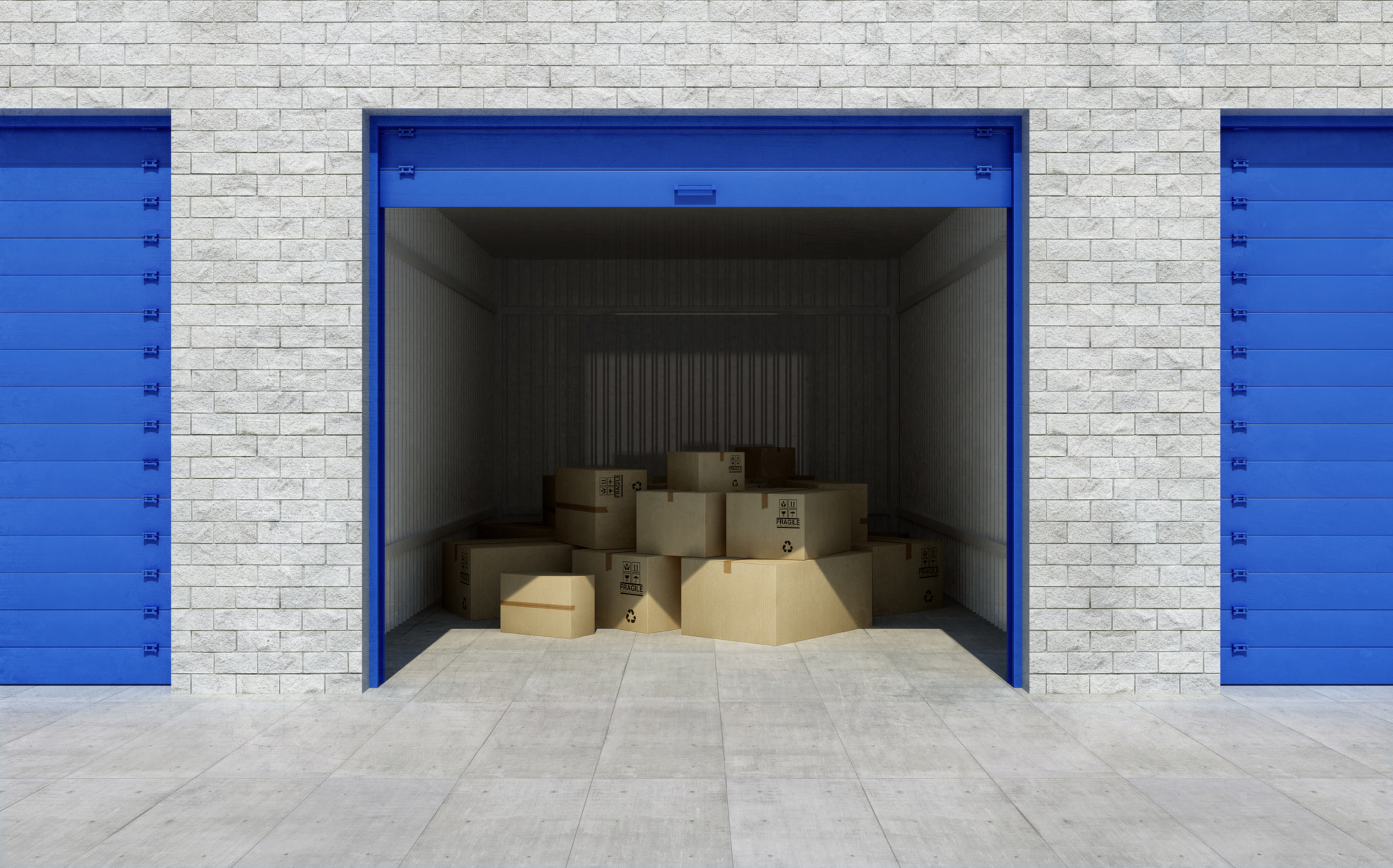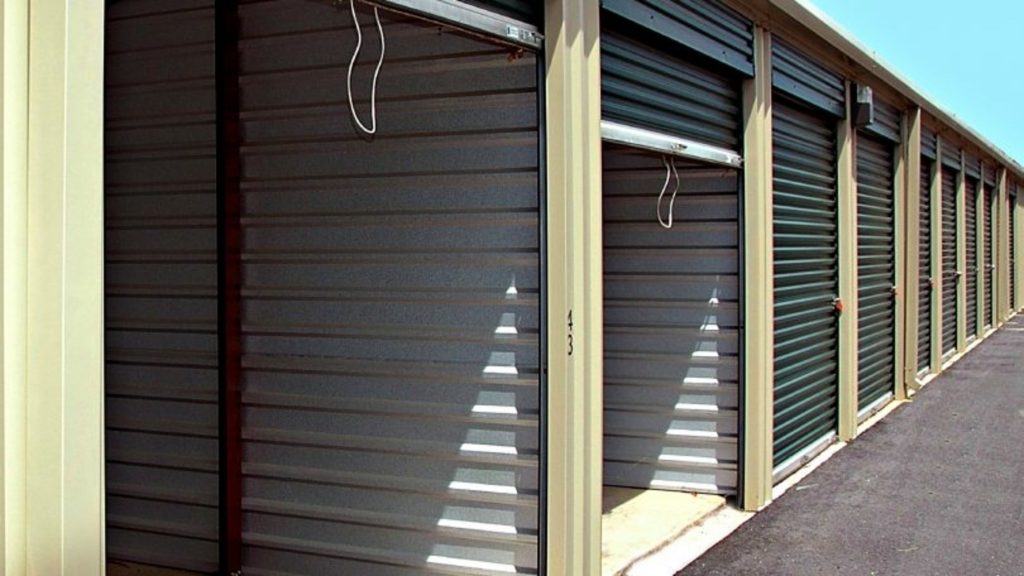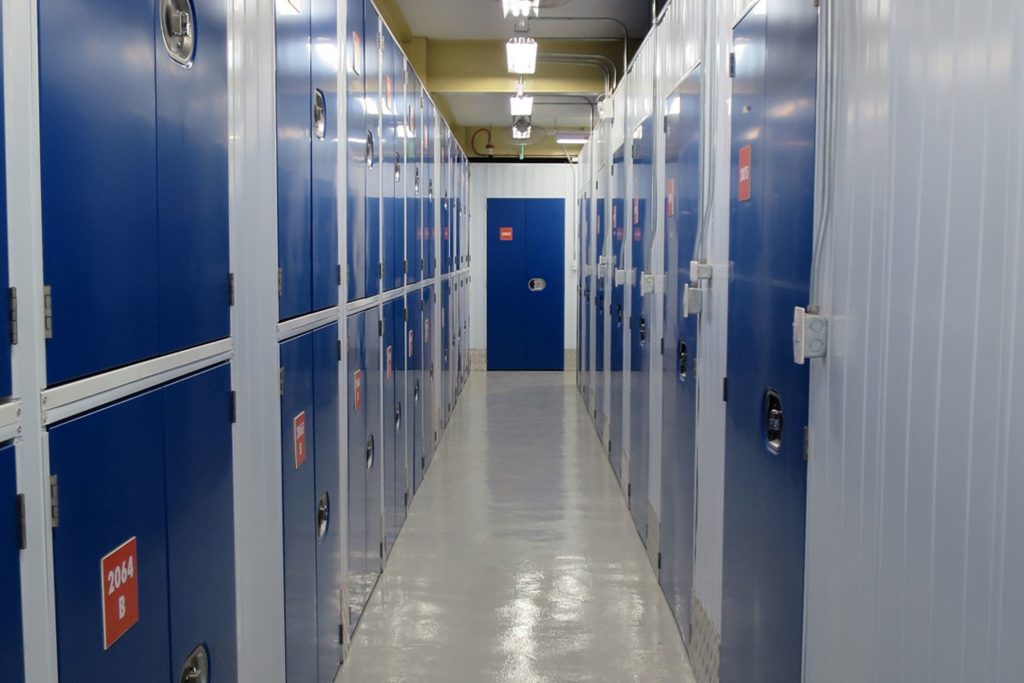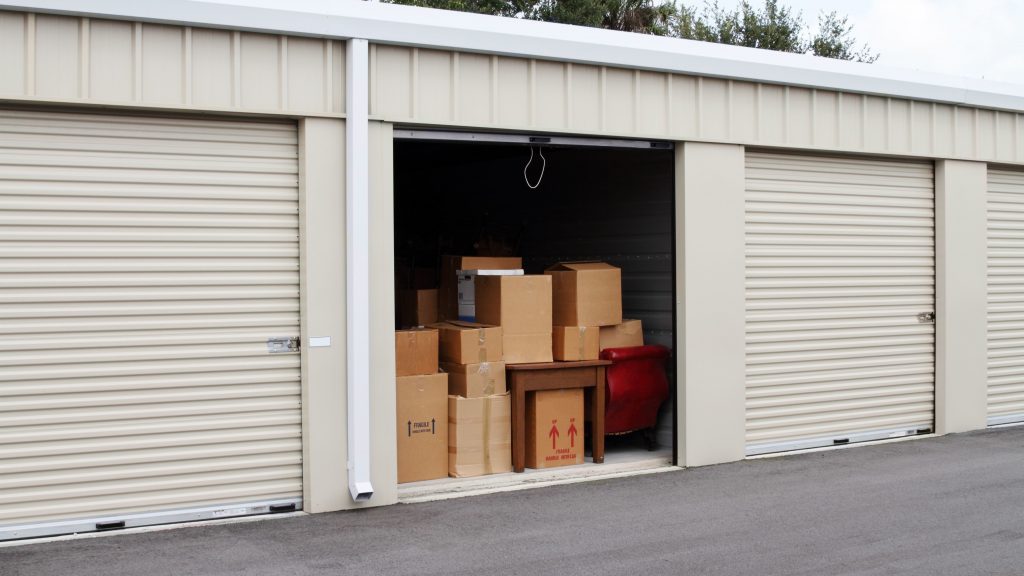
A storage unit is a lifesaver, especially for people living in densely-populated cities. Even those who reside in large residential homes may need storage services at some point as belongings tend to accumulate as years go by. When you have too much stuff, but upsizing your home size is impossible, unlikely, or too expensive, renting a storage unit is the most practical option.
A Quick Look at Storage Units
Storage units come in handy when you’ve just moved and don’t know where to place extra furniture. It’s also useful when you feel like you’re drowning from lack of space in your home. Save yourself and your family from this claustrophobic situation by putting some of your possessions in a storage facility.
It’s likely that cost will be of primary concern. That’s understandable. But bear in mind that it takes more than just a price tag to ensure your belongings’ safety.
Below are five things you should consider before renting a storage unit:
1. Location and Availability
No matter how secure a unit is, it won’t help much if you can’t access your stuff whenever you need to. So first, determine if your potential storage facility is within driving distance of your home or workplace. Additionally, ask the company how often you can check your belongings. Some offer 24/7 access, while others require you to schedule an appointment in advance. Take accessibility into account to avoid inconvenience.
2. Security
Of course, you’ll want to house your belongings in a well-protected place. It’s not fun to find out that your items have gone missing due to negligence or incompetent safety measures.
Determine if your potential facility offers these security features:
- Gated passcode access
- Property fences
- Multiple surveillance cameras from different angles
- 24/7 patrol duty
- Working alarm system
- Steel disc door lock
- Adequate lighting
- Motion and thermal detectors
Knowledge is power so ask how they deal with a break-in situation. Verify the company’s protocols to guarantee that security officials act immediately when an emergency occurs.

3. Cleanliness and Protection
The sanitation of a facility reveals a lot about the company. Untidy and cramped storage space would be no better than your home. Before you sign the deal, see the unit yourself. Evaluate its condition. Then ask how the manager what protocols they follow to maintain cleanliness and protect your belongings from natural elements, rodents, and other potential dangers.
- The facility should have a dedicated cleaning team that performs daily maintenance.
- Walls should be fire-resistant.
- It’s best if the roofs have a seamless design to prevent leaks.
- Functional automatic sprinkler system.
- Weather-proofing features, like gutters and downspouts, to avoid flooding.

4. Climate-Controlled Environment
Oftentimes, protective measures from external weather elements are not enough. Some items will require specific temperatures to keep their integrity. For this, you’ll need to rent a climate-controlled storage unit.
Here are some common examples of items that are temperature-sensitive:
- Electronic and household appliances
- Wooden furniture
- Artworks and antique items
- Important documents and records
- Clothing (particularly lace and leather)
- Vehicles
Note that if you store these things in an area without climate control, they can rust, break down, deteriorate, rot, or crack.
5. Insurance
Finally, but most importantly, you’ll need insurance for your belongings. Some companies require this while others will leave the decision to you. Keep in mind that an insurance policy protects not only your items but also your peace of mind.

Extra Tips
In addition to the five essential considerations above, here are some additional tips on renting a storage unit:
- Prepare your identification documents. This means a government-issued valid ID, such as:
- State ID
- Passport
- Driver’s license
- Determine other services your company provides. Some provide more than a repository and will even haul your belongings to the storage unit at a reasonable price.
- Mind your inventory. Keep track of your belongings. Choose a storage size that is a little more than enough for your needs to allocate space for possible items in the future.
- Treat your storage as an extension of your home. Remember, it’s a personal space of yours for the entire duration of your contract. Keep it clean and organized.
Now you have a concrete understanding of how storage units work. You know the right questions to ask. All that’s left to do is head over your potential facility and proceed with the arrangements. Looking for storage in NYC? Contact Astute Moving & Storage today! We can make moving and storing your items seamless and easy.
